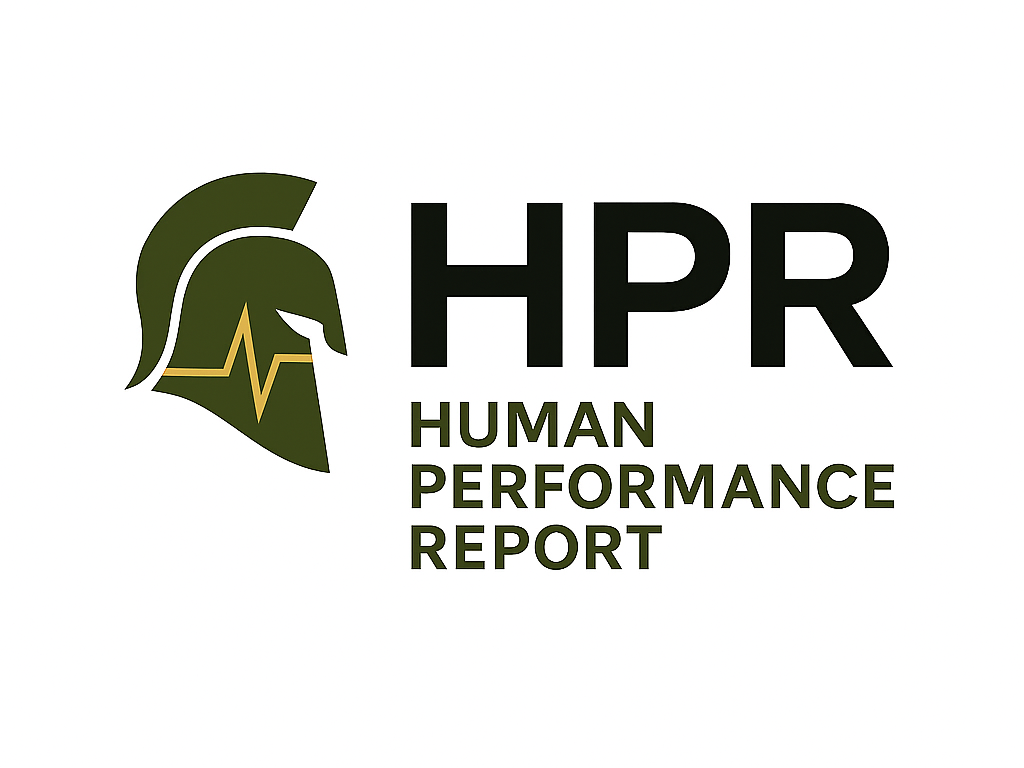Weekend Sleep Habits and the Rise of “Social Apnea”
Recent findings published in “Social apnea”: Obstructive Sleep Apnea Is Exacerbated on Weekends (American Journal of Respiratory and Critical Care Medicine, August 13, 2025) reveal that weekend routines—like sleeping in, late nights, and inconsistent treatment use—can significantly worsen obstructive sleep apnea (OSA) severity. This newly identified pattern, dubbed social apnea, highlights the powerful effect lifestyle changes between weekdays and weekends can have on sleep health.
What the Research Found
Researchers from Flinders University examined data from over 70,000 individuals worldwide and found that moderate to severe OSA was 18% more likely on Saturdays compared to Wednesdays. One of the strongest predictors was oversleeping on weekends: an extra 45 minutes or more of sleep was linked to a 47% increase in OSA severity. The impact varied across demographics—men experienced a 21% higher risk versus a 9% increase in women, and younger adults under 60 saw a 24% higher risk compared to 7% in older adults.
The weekend effect parallels known seasonal fluctuations in OSA severity. Prior research shows symptoms worsen by 8–19% in summer and winter, likely due to warmer temperatures, fragmented sleep, and longer sleep periods with more REM time in colder months. Together, these findings show OSA is not static—its severity can change based on both environmental and behavioral factors.
Clinically, this means a single-night, weekday sleep study may underestimate a patient’s condition. The study’s authors recommend multi-night testing that includes weekends, as well as maintaining consistent treatment and lifestyle habits across the week. They also point to alcohol use, late nights, and inconsistent CPAP use on weekends as likely contributors to the “social apnea” phenomenon.
Five Great Sleep Habits for the Weekends
-
Keep a Consistent Sleep Schedule
Go to bed and wake up at roughly the same times every day—even on weekends. Sleeping in significantly increases OSA risk. -
Limit Alcohol and Smoking Before Bed
Both can relax airway muscles or fragment sleep, making apnea symptoms worse. -
Use OSA Treatment Every Night
Whether CPAP or another prescribed therapy, consistency is key for control—weekend skipping erodes progress. -
Create a Relaxing, Regular Bedtime Routine
Dim lights, avoid screens, and keep your bedroom cool, dark, and quiet to support deeper, uninterrupted sleep. -
Track Your Sleep Trends
Use a wearable or home sleep monitor to notice weekend changes and discuss them with your healthcare provider.
Bottom line: The “social apnea” effect shows that our weekend habits can meaningfully influence sleep apnea severity. Keeping consistent sleep hygiene—especially on days off—isn’t just a matter of feeling rested; it’s a step toward better long-term health.
